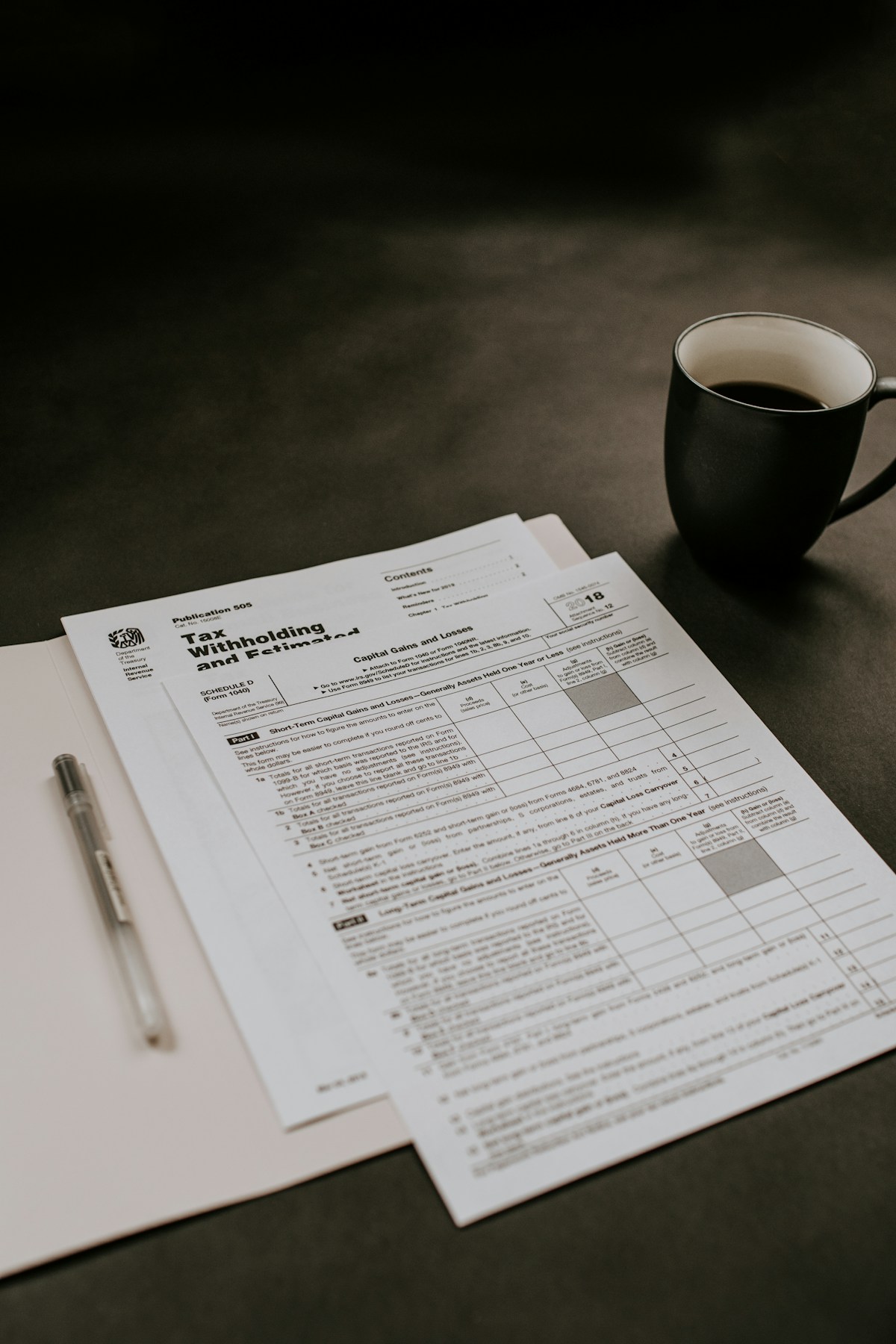Exploring the emerging legal framework surrounding artificial intelligence, from liability to intellectual property.
Artificial Intelligence (AI) is transforming industries and societies, but its rapid advancement has outpaced legal frameworks. As AI systems make increasingly consequential decisions, understanding the legal implications becomes crucial for developers, businesses, and consumers. This article examines the key legal challenges AI presents and how lawmakers are responding.
Liability: Who's Responsible When AI Makes Mistakes?
One of the most pressing legal questions surrounds liability when AI systems cause harm. Traditional liability frameworks assume human decision-makers, but AI introduces new complexity:
- Developer liability may apply when flaws in AI code or design lead to harm, though proving causation can be difficult
- User liability might arise from improper deployment or monitoring of AI systems
- Product liability principles are being adapted to address AI systems as products
- Strict liability approaches are being considered for high-risk AI applications
The European Union's proposed AI Act introduces a risk-based approach, imposing stricter requirements on high-risk AI systems, while the U.S. is developing similar frameworks through agencies like NIST.
Intellectual Property and AI
AI raises novel intellectual property questions:
- AI-generated works currently fall into a copyright gap in many jurisdictions, with courts ruling that AI-generated content lacks human authorship required for copyright protection
- Training data legality remains contentious, with lawsuits questioning whether using copyrighted works to train AI models constitutes fair use
- Patent eligibility for AI innovations varies by jurisdiction, with some requiring human invention
- Trade secret protection becomes increasingly important for protecting AI algorithms and datasets
Privacy and Data Protection
AI systems often rely on vast amounts of data, raising significant privacy concerns:
- Data collection consent requirements under laws like GDPR apply to data used for AI training
- Purpose limitation principles restrict using personal data for purposes beyond those originally disclosed
- Data minimization conflicts with AI's appetite for large datasets
- Automated decision-making is specifically regulated under GDPR Article 22, giving individuals the right to opt out of solely automated decisions with significant effects
Discrimination and Algorithmic Bias
AI systems can perpetuate or amplify societal biases:
- Civil rights laws like the Civil Rights Act, Fair Housing Act, and Equal Credit Opportunity Act apply to AI-driven decisions
- Disparate impact liability may arise even without discriminatory intent if AI produces discriminatory outcomes
- Explainability requirements are emerging to ensure AI decisions can be understood and challenged
- Algorithmic impact assessments are increasingly required before deploying AI in sensitive domains
Regulatory Frameworks Emerging Globally
Governments worldwide are developing AI-specific regulations:
- The EU AI Act creates a comprehensive framework categorizing AI by risk level
- The U.S. Executive Order on AI establishes safety standards and testing requirements
- China's AI regulations focus on algorithmic recommendations and content generation
- Industry-specific regulations are emerging for AI in healthcare, financial services, and transportation
Contractual and Commercial Considerations
Businesses using or developing AI face specific legal challenges:
- Vendor contracts require careful allocation of risks and responsibilities
- Warranties and representations about AI performance need appropriate limitations
- Service level agreements must account for AI's probabilistic nature
- Insurance coverage for AI-related risks is an emerging market
Looking Forward: Preparing for AI Legal Challenges
Organizations can take proactive steps to address AI legal risks:
- Implement robust AI governance frameworks with clear accountability
- Conduct algorithmic impact assessments before deployment
- Maintain human oversight of critical AI decisions
- Document design choices and testing procedures to demonstrate due diligence
- Stay informed about rapidly evolving regulations in relevant jurisdictions
As AI technology continues to advance, legal frameworks will evolve to address new challenges. Organizations that anticipate these developments and build compliance into their AI strategy will be better positioned to leverage AI's benefits while minimizing legal exposure.






